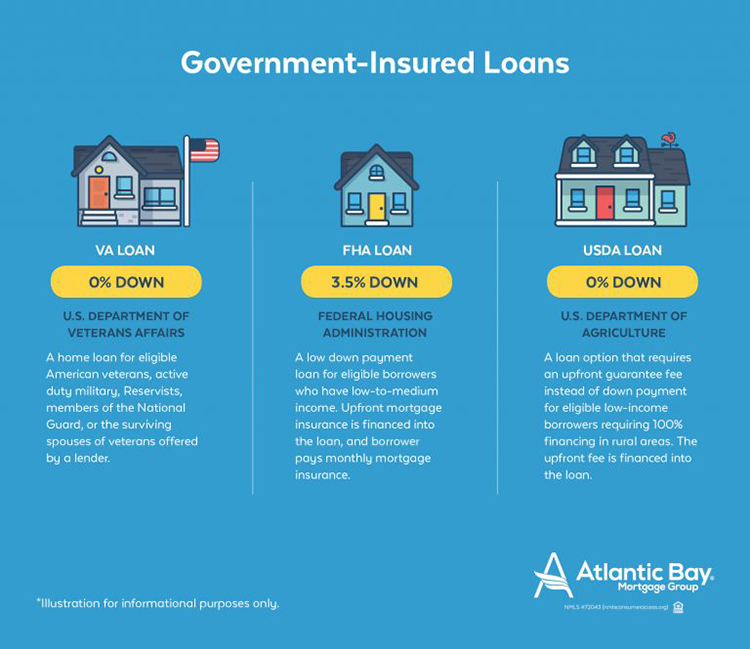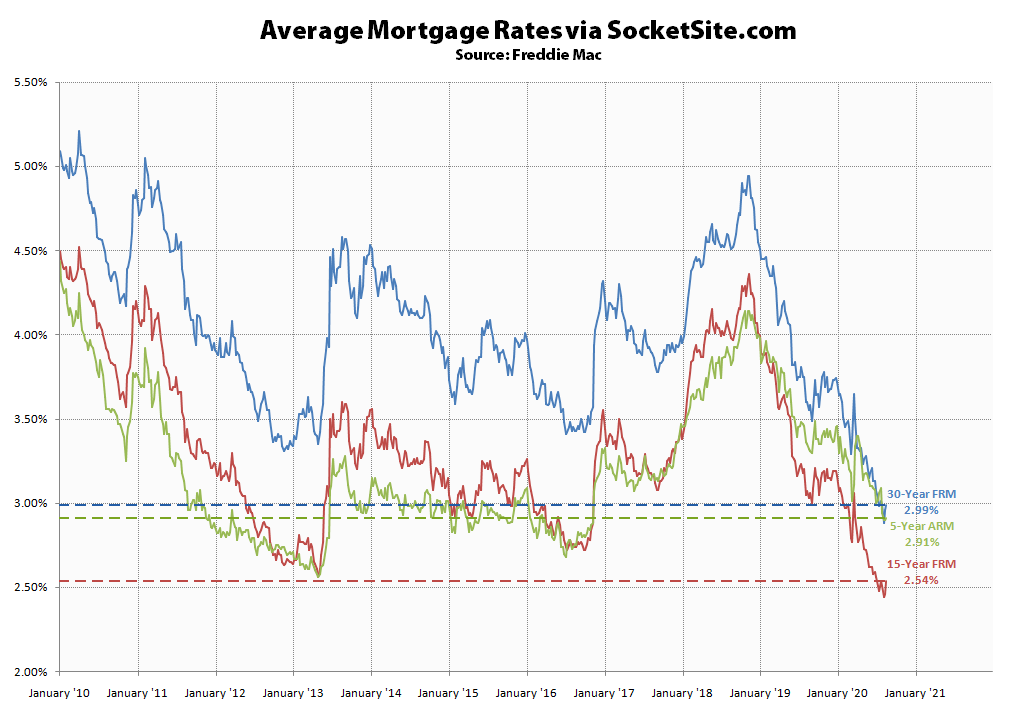The customer either has significant equity in their home (generally at least 50% of the home's worth) or has paid it off entirely. The debtor chooses they need the liquidity that features removing equity from their home, so they deal with a reverse home loan counselor to find a loan provider and a program.
The lender does a credit check, evaluates the customer's residential or commercial property, its title and evaluated worth. If approved, the loan provider funds the loan, with profits structured as http://chanceufsm961.timeforchangecounselling.com/fascination-about-how-do-interest-only-mortgages-work either a swelling sum, a credit line or regular annuity payments (monthly, quarterly or annually, for instance), depending upon what the debtor selects.
Some loans have constraints on how the funds can be used (such as for enhancements or renovations), while others are unlimited. These loans last up until the borrower dies or moves, at which time they (or their beneficiaries) can pay back the loan, or the residential or commercial property can be offered to pay back the lending institution.
In order to receive a government-sponsored reverse home mortgage, the youngest owner of a home being mortgaged need to be at least 62 years of ages. Debtors can just borrow against their main residence and should likewise either own their residential or commercial property outright or have at least 50% equity with, at a lot of, one main lienin other words, borrowers can't have a 2nd lien from something like a HELOC or a 2nd home loan.
Normally just certain kinds of homes receive government-backed reverse mortgages. Qualified properties include: Single-family homes Multi-unit residential or commercial properties with as much as four units Produced homes built after June 1976 Condos or townhouses In the case of government-sponsored reverse mortgages, customers also are needed to endure an info session with an authorized reverse home mortgage counselor.
Private reverse home loans have their own credentials requirements that vary by loan provider and loan program. If you get a proprietary reverse home loan, there are no set limitations on just how much you can borrow. All limitations and limitations are set by specific lenders. However, when utilizing a government-backed reverse mortgage program, homeowners are prohibited from borrowing up to their house's evaluated value or the FHA optimum claim quantity ($ 765,600).
Part of the property's worth is utilized to collateralize loan expenses, and loan providers also generally demand a buffer in case residential or commercial property worths decline. Loaning limits likewise change based on the debtor's age and credit and likewise the loan's interest rate. There are two primary costs for government-backed reverse home mortgages: These might be fixed if you take a lump amount (with rates starting under 3.5% a rate similar to standard home loans and much lower than other house equity loan items).
The smart Trick of What Is The Current Apr For Mortgages That Nobody is Discussing

Federally backed reverse mortgages have a 2% upfront home mortgage insurance premium and yearly premiums of 0.5%. Home loan insurance is indicated to protect lenders in case of borrower default. While reverse mortgages can't usually default in the very same ways as conventional mortgageswhen debtors stop working to make paymentsthey can still default when owners stop working to pay home taxes or insurance or by stopping working to effectively maintain their residential or commercial properties.
Lenders also generally charge other fees, including for residential or commercial property appraisals, servicing/administering loans and other closing costs, such as credit check charges. However, all costs are typically rolled into the balance of the home mortgage, so lending institutions do not require to pay them out of pocket. A lot of reverse home loans are government-insured loans. Like other federal government loans, like USDA or FHA loans, these products have guidelines that conventional home mortgages don't have, since they're government-insured.
There are likewise personal reverse mortgages, which do not have the exact same strict eligibility requirements or loaning standards. Single-purpose loans are normally the least pricey type of reverse home mortgage. These loans are supplied by nonprofits and state and city governments for specific functions, which are dictated by the lender. Loans may be attended to things like repairs or enhancements.
Home equity conversion home loans (HECMs) are backed by the U.S. Department of Real Estate and Urban Development and can be more pricey than standard mortgages. However, loan funds can be used for almost anything. Debtors can select to get their money in several different methods, consisting of a swelling sum, fixed month-to-month payments, a line of credit or a mix of routine payments and line of credit.
Lenders set their own eligibility requirements, rates, costs, terms and underwriting process. While these loans can be the most convenient to get and the fastest to fund, they're also known to bring in unethical experts who use reverse home loans as an opportunity to scam unsuspecting seniors out of their property's equity. Reverse home loans Browse this site aren't helpful for everyone.
A reverse home mortgage might make good sense for: Elders who are coming across considerable costs late in life Individuals who have actually diminished many of their savings and have considerable equity in their main houses Individuals who do not have heirs who care to inherit their home While there are some cases where reverse home loans can be handy, there are lots of factors to avoid them (why reverse mortgages are a bad idea).
In reality, if you believe you might plan to repay your loan completely, then you may be better off preventing reverse home loans entirely. Nevertheless, normally speaking, reverse home mortgages need to be repaid when the debtor passes away, moves, or sells their house. At that time, the debtors (or their beneficiaries) can either pay back the loan and keep the residential or commercial property or offer the home and use the rent out timeshare proceeds to repay the loan, with the sellers keeping any earnings that remain after the loan is repaid.
Fascination About What Credit Score Do Banks Use For Mortgages
However a number of the ads that consumers see are for reverse home mortgages from personal companies (what is the current interest rate for home mortgages). When dealing with a personal lenderor even a personal company that claims to broker federal government loansit's crucial for customers to be mindful. Here are some things to keep an eye out for, according to the FBI: Don't react to unsolicited mailers or other ads Don't sign documents if you do not understand themconsider having them reviewed by an attorney Do not accept payment for a home you don't own Be wary of anyone who says you can get free ride (i.e., no down payment) In numerous cases, these rip-offs get unwitting homeowners to get reverse mortgages and offer the money to the fraudster.
Reverse home mortgages aren't for everyone. In lots of cases, potential debtors might not even certify, for example, if they aren't over 62 or don't have substantial equity in their homes. If a reverse mortgage isn't right for you, there are plenty of other paths you can go to get the funding you need.
A reverse mortgage is a mortgage that you do not need to pay back for as long as you reside in your house. It can be paid to you in one lump sum, as a routine month-to-month earnings, or at the times and in the amounts you want. The loan and interest are repaid just when you sell your home, completely move away, or die.

They are repaid in full when the last living debtor passes away, offers the home, or permanently moves away. Due to the fact that you make no month-to-month payments, the amount you owe grows bigger over time. By law, you can never ever owe more than your home's worth at the time the loan is repaid.